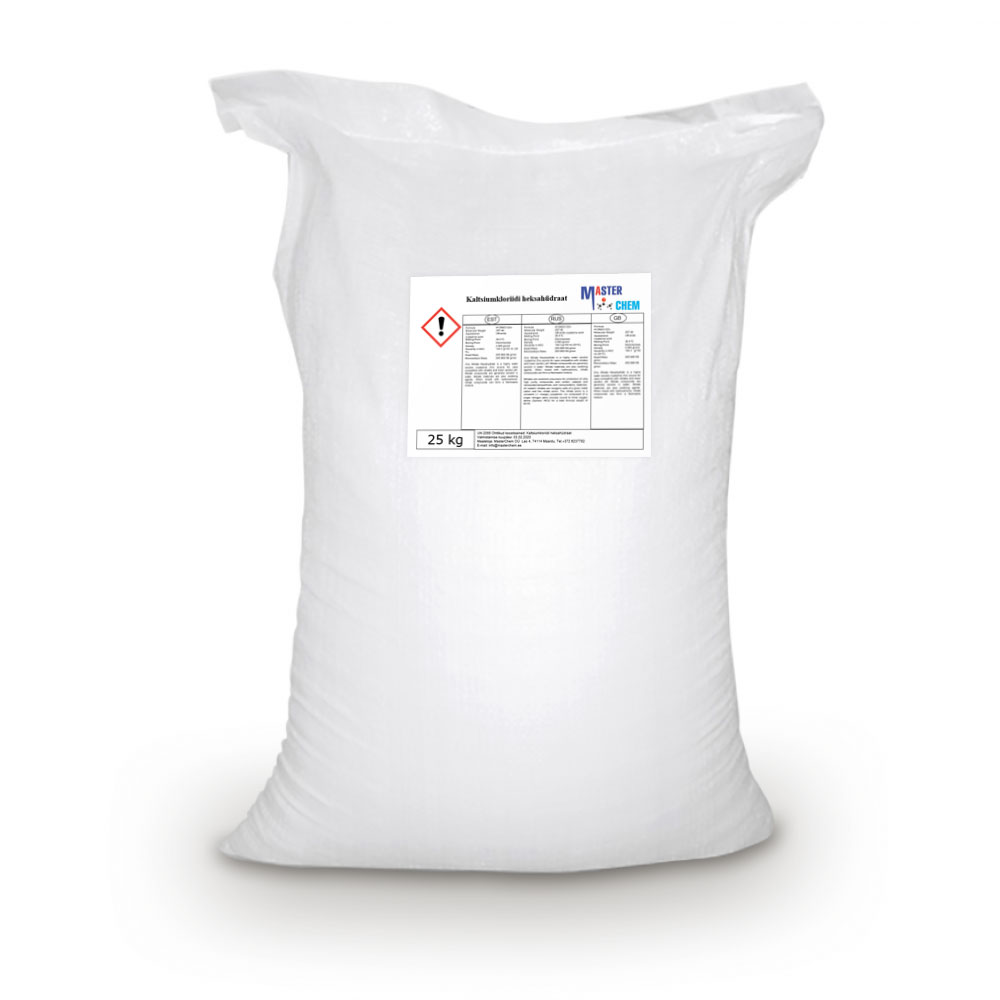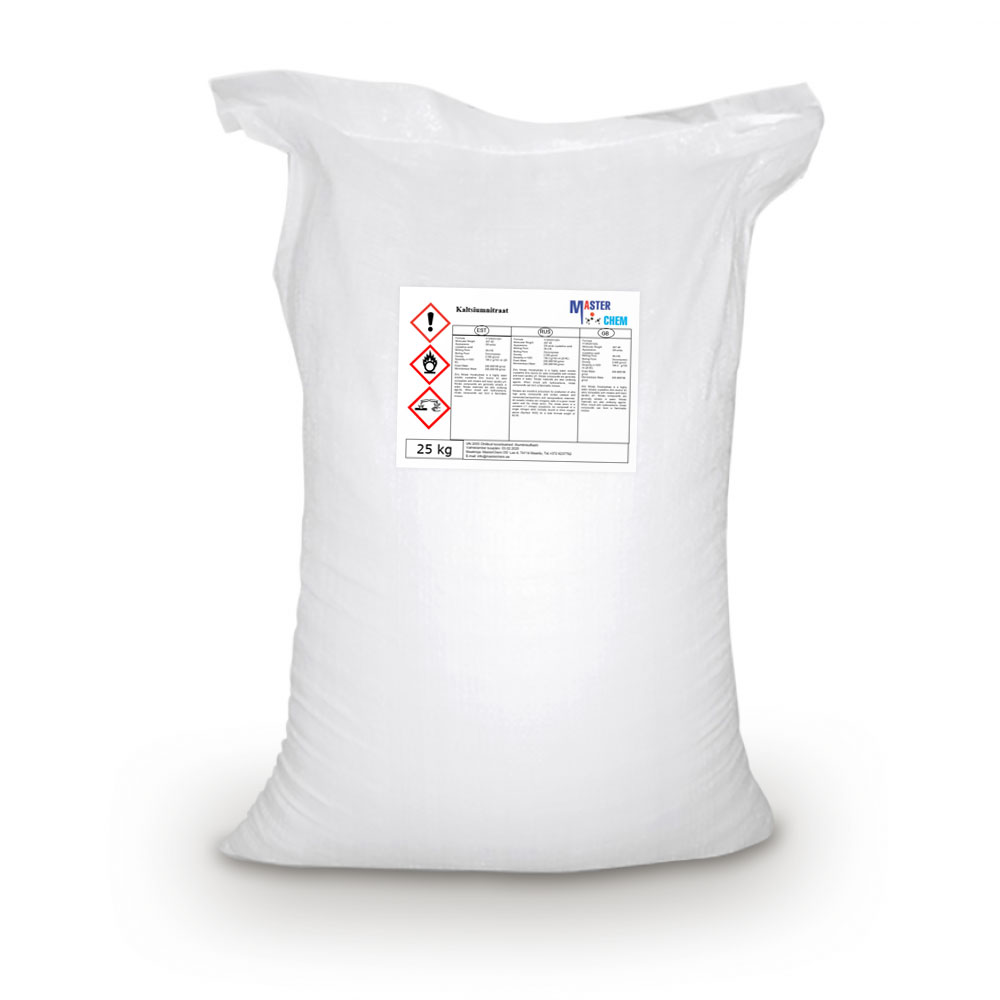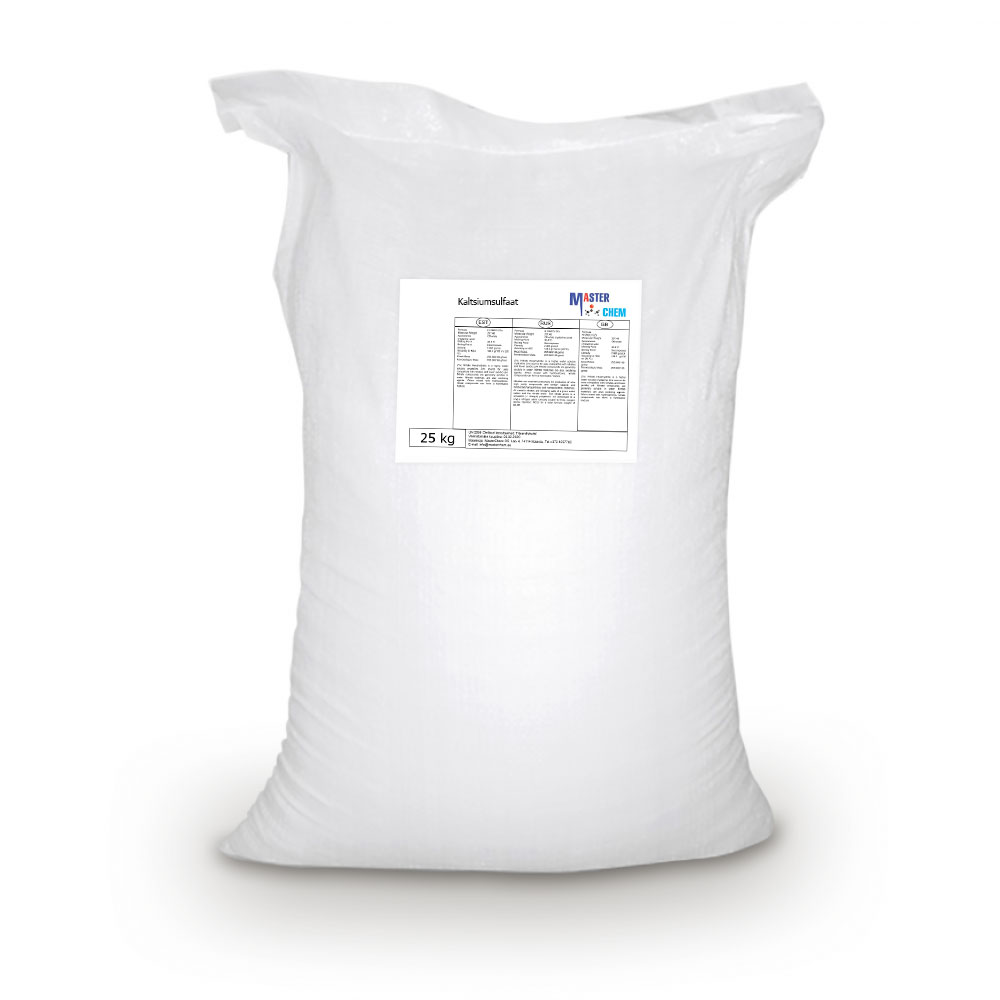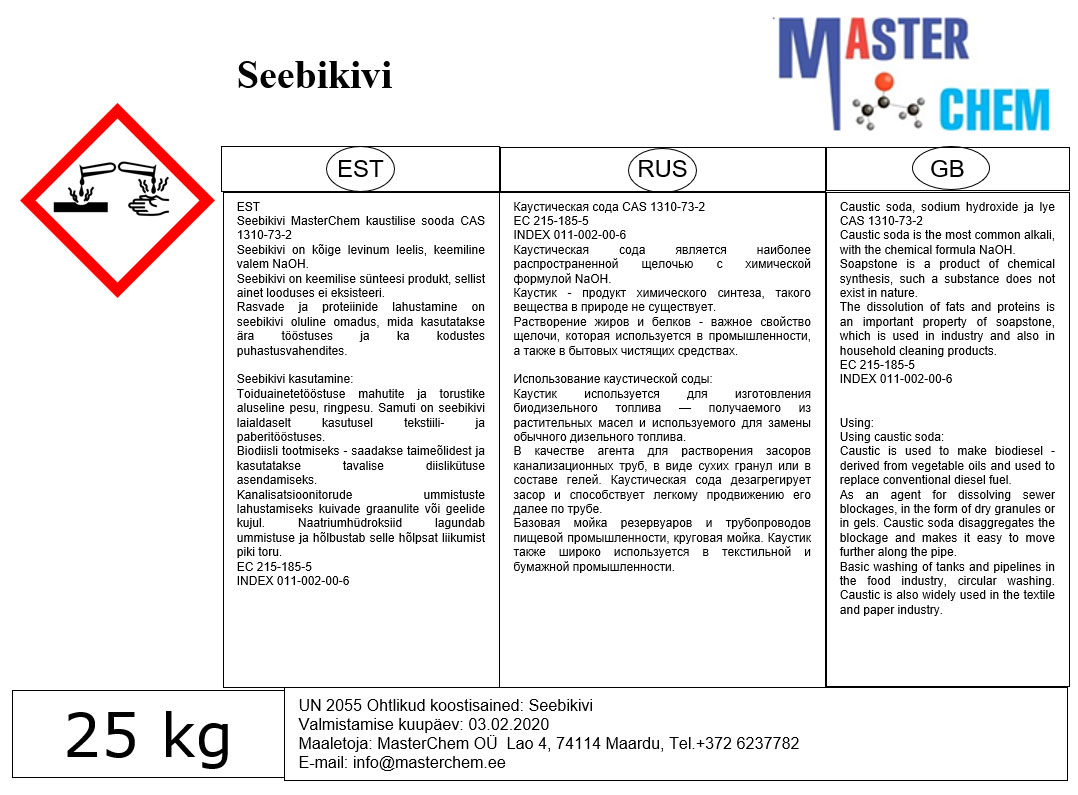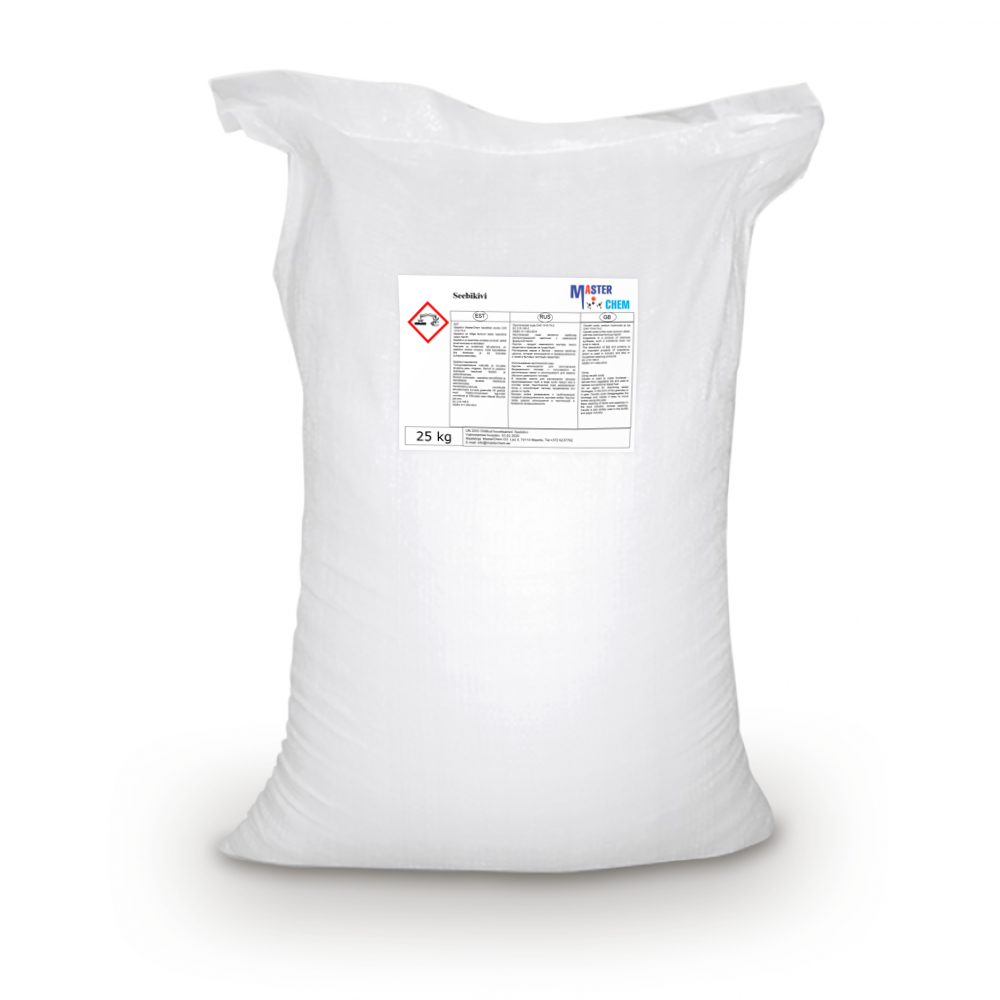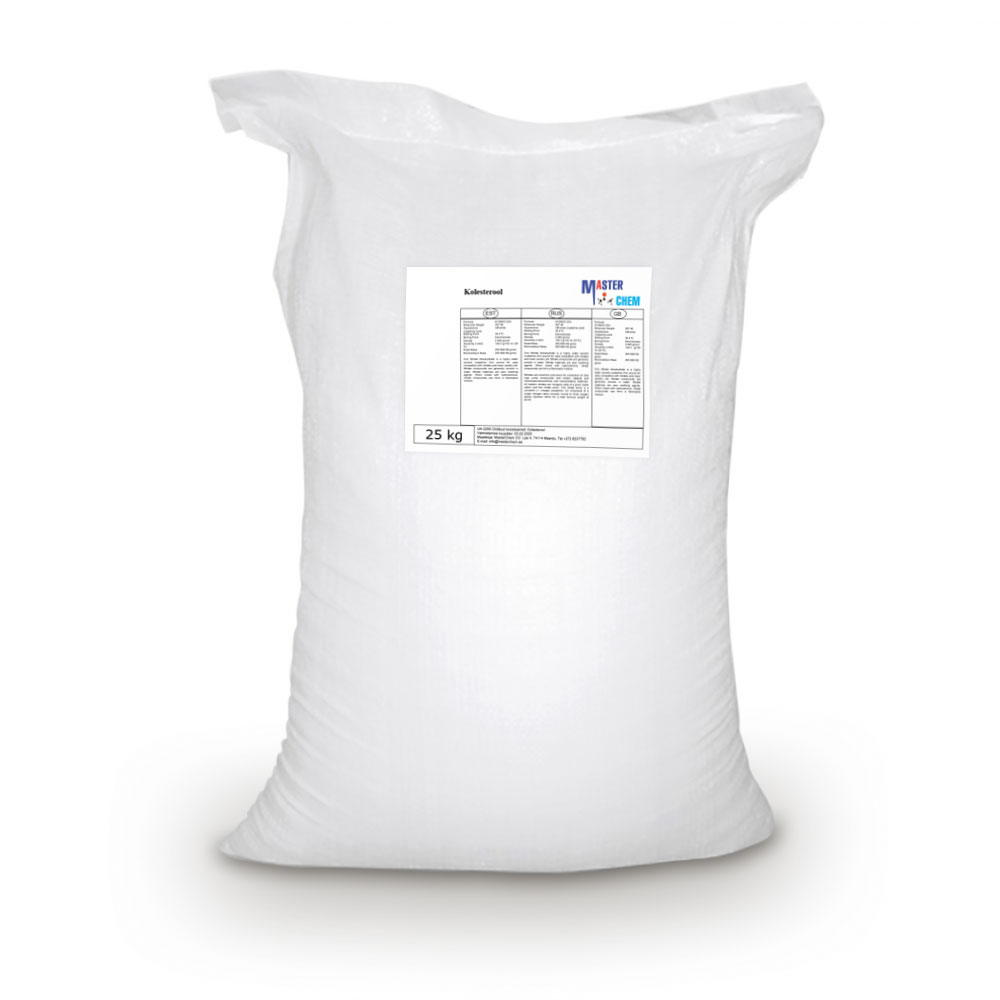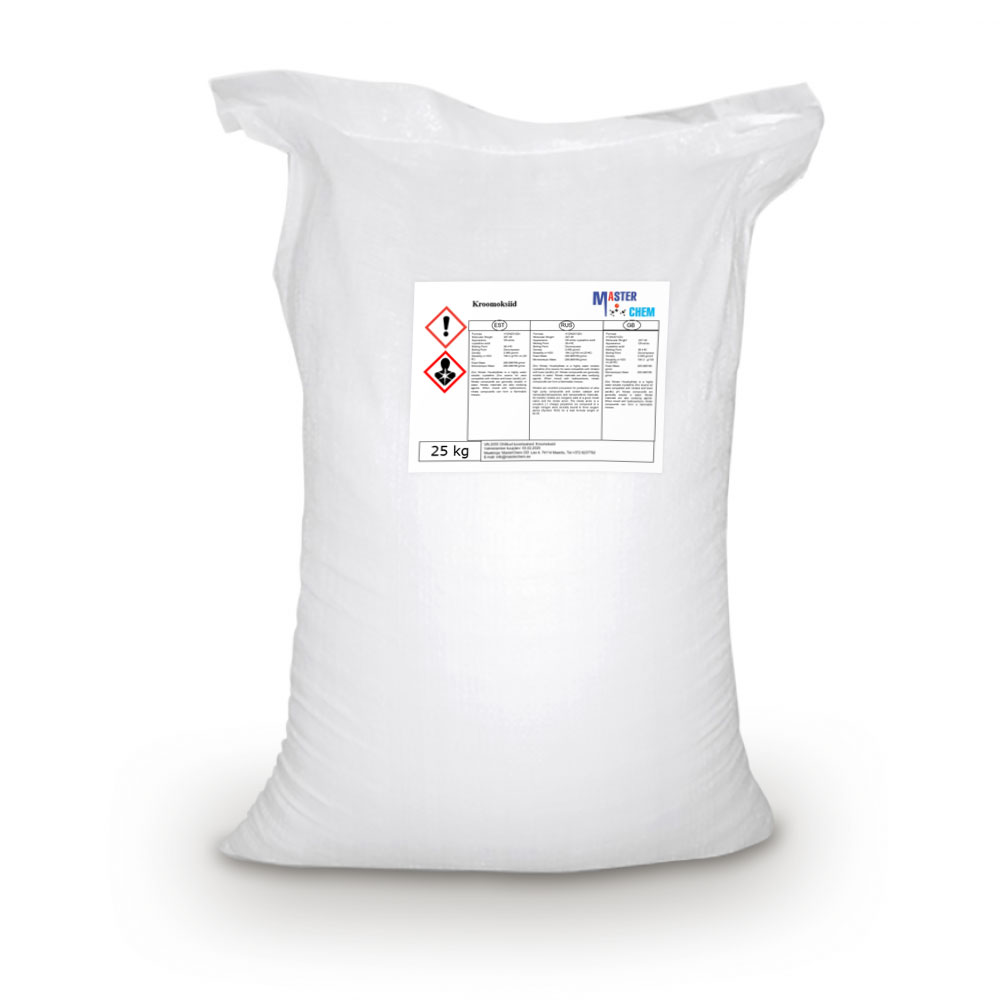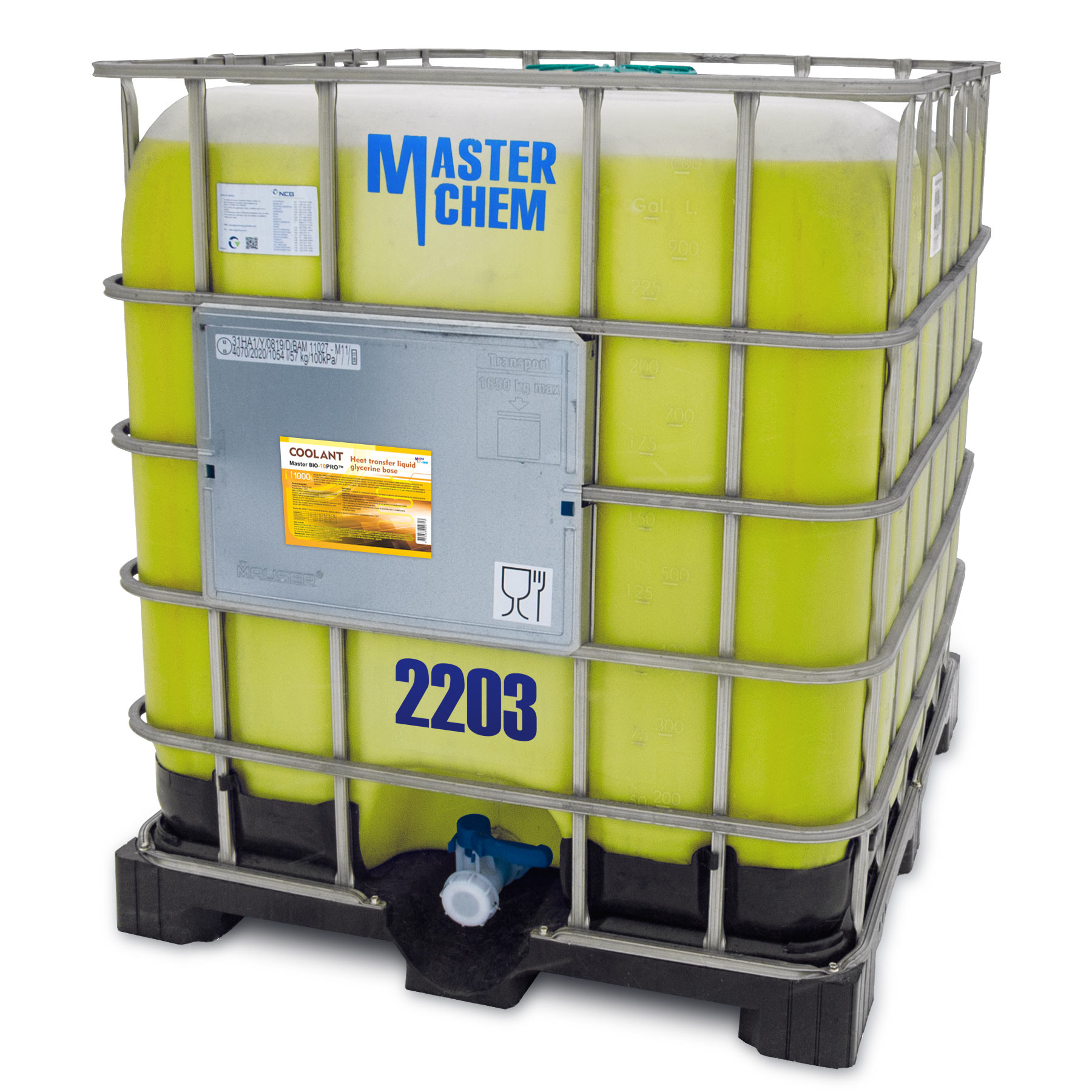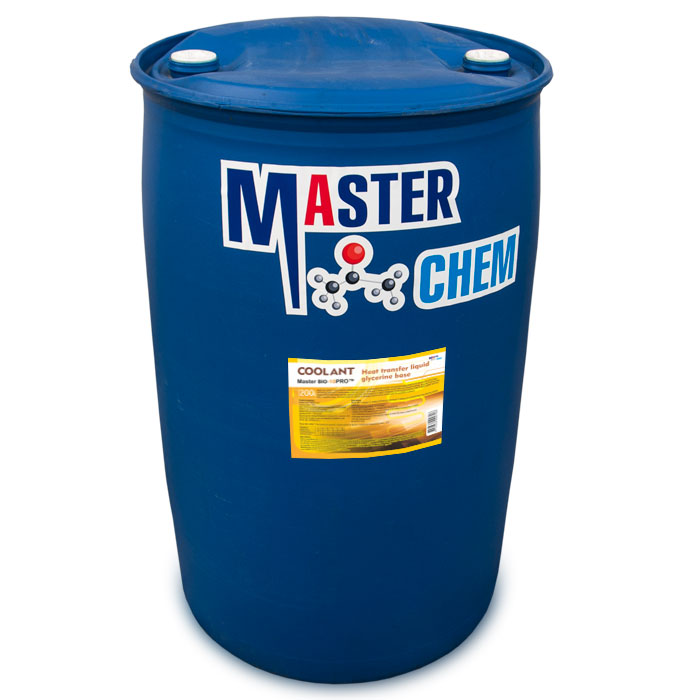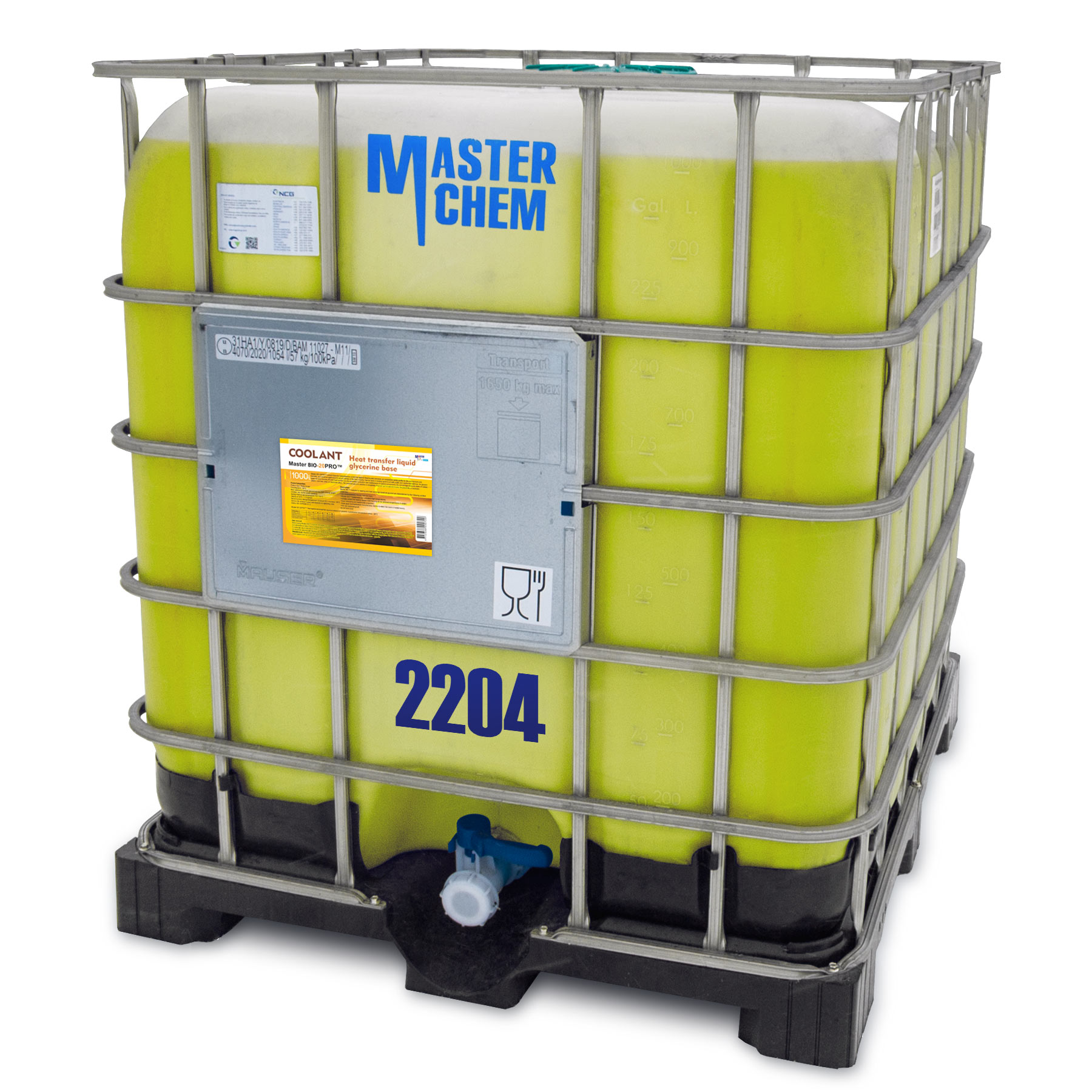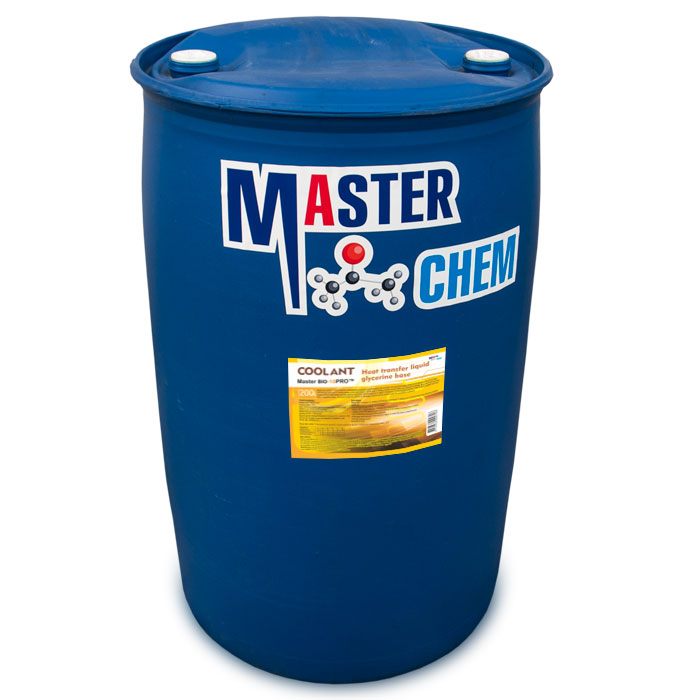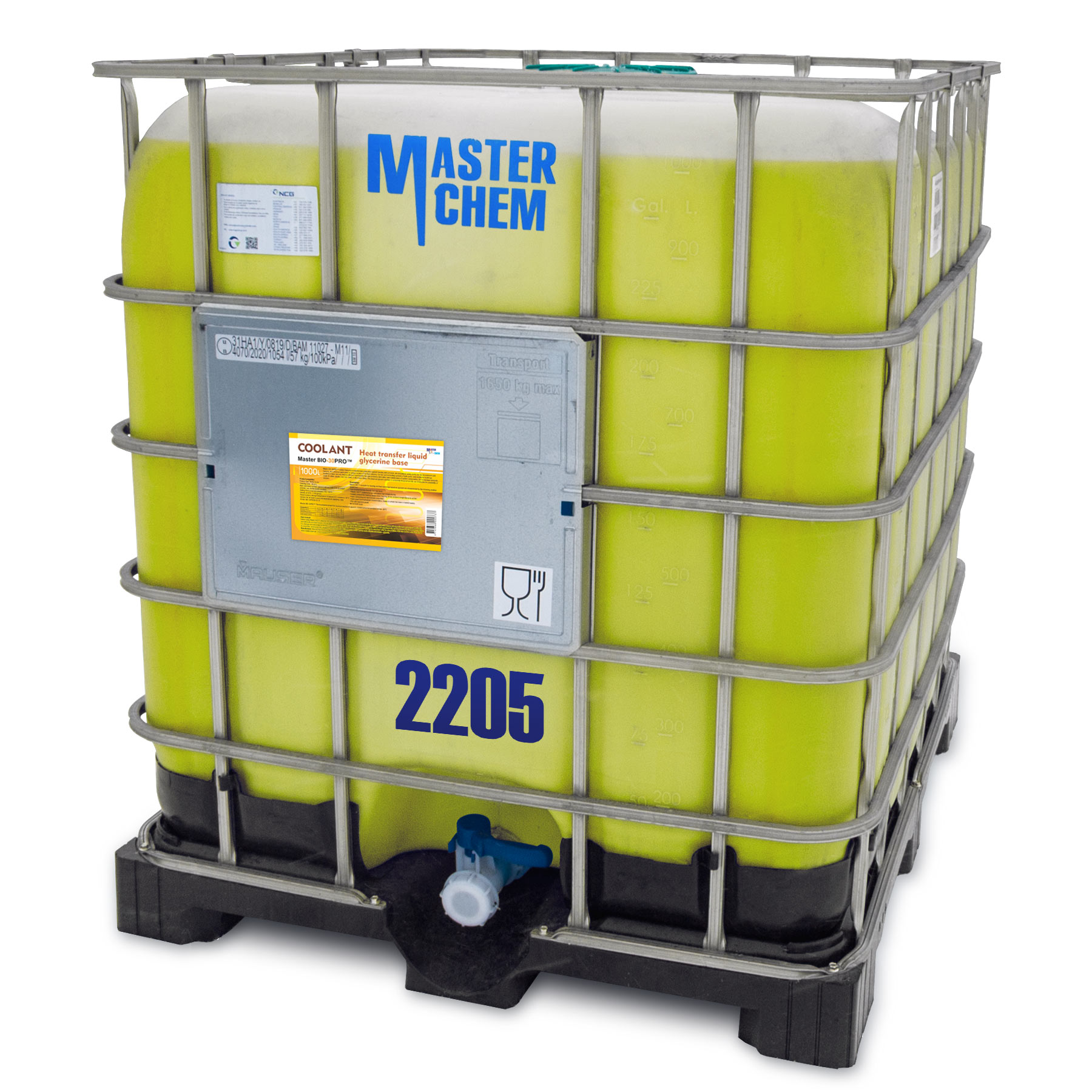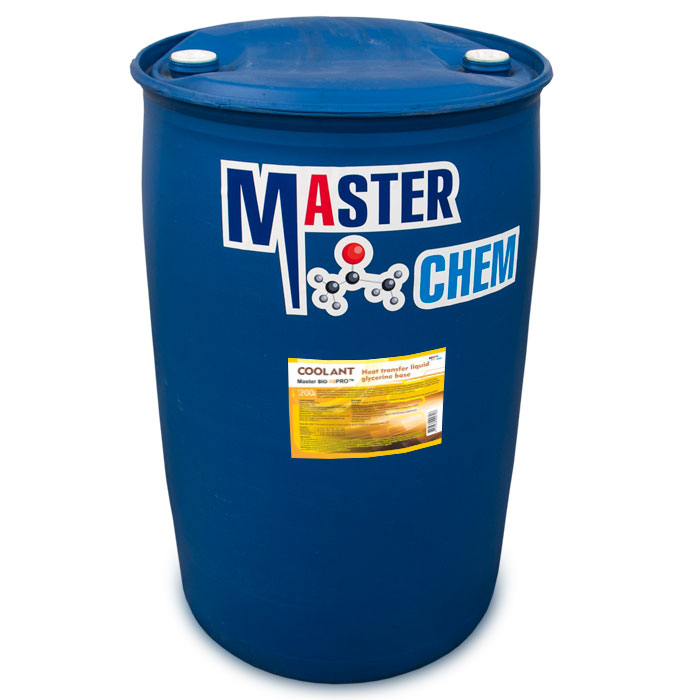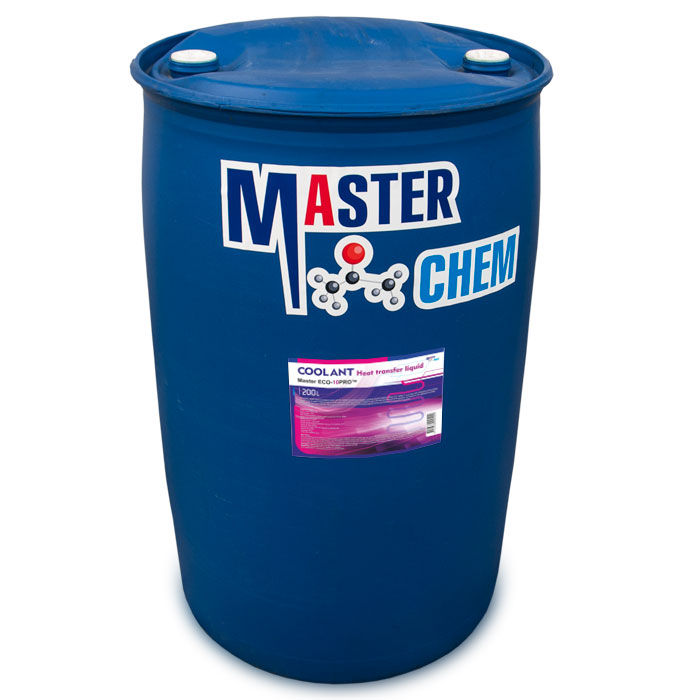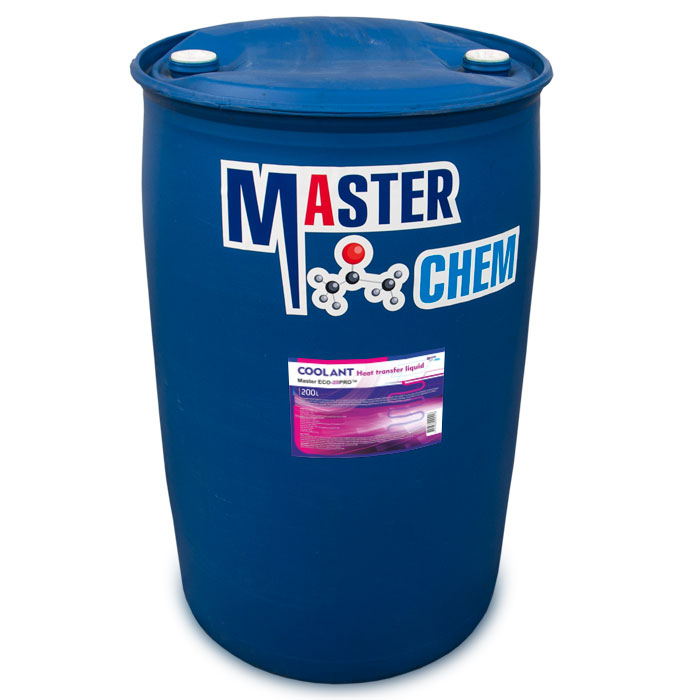Currently Empty: €0.00
Calcium chloride hexahydrate (CAS 7774-34-7)
Information Industries: Household chemicals, Fertilizers, Horticulture, Pharmaceutical industry, Building chemistry CAS number: 7774-34-7 WE number: 233-140-8 Chemical formula: CaCl2•6H2O Molar mass: 219,07 g/mol Customs tariff code: 28272000
Calcium nitrate (CAS 10124-37-5)
Calcium nitrate (CAS 10124-37-5)
Calcium nitrate, also called Norgessalpeter (Norwegian salpeter), is an inorganic compound with the formula Ca(NO3)2(H2O)x. The anhydrous compound, which is rarely encountered, absorbs moisture from the air to give the tetrahydrate. Both anhydrous and hydrated forms are colourless salts. Calcium nitrate is mainly used as a component in fertilizers, but it has other applications. Nitrocalcite is the name for a mineral which is a hydrated calcium nitrate that forms as an efflorescence where manure contacts concrete or limestone in a dry environment as in stables or caverns. A variety of related salts are known including calcium ammonium nitrate decahydrate and calcium potassium nitrate decahydrate.
Calcium sulphate (CAS 7778-18-9)
Calcium sulphate (CAS 7778-18-9)
Calcium sulfate (or calcium sulphate) is the inorganic compound with the formula CaSO4 and related hydrates. In the form of γ-anhydrite (the anhydrous form), it is used as a desiccant. One particular hydrate is better known as plaster of Paris, and another occurs naturally as the mineral gypsum. It has many uses in industry. All forms are white solids that are poorly soluble in water. Calcium sulfate causes permanent hardness in water.
Caustic soda (CAS 1310-73-2)
Caustic soda, sodium hydroxide ja lye CAS 1310-73-2
Caustic soda is the most common alkali, with the chemical formula NaOH.
Soapstone is a product of chemical synthesis, such a substance does not exist in nature.
The dissolution of fats and proteins is an important property of soapstone, which is used in industry and also in household cleaning products.
EC 215-185-5
INDEX 011-002-00-6
Cholesterol (CAS 57-88-5)
Cholesterol (CAS 57-88-5)
Cholesterol (from the Ancient Greek chole- (bile) and stereos (solid), followed by the chemical suffix -ol for an alcohol) is an organic molecule. It is a sterol (or modified steroid), a type of lipid. Cholesterol is biosynthesized by all animal cells and is an essential structural component of animal cell membranes. It is a yellowish crystalline solid.
Cholesterol also serves as a precursor for the biosynthesis of steroid hormones, bile acid and vitamin D. Cholesterol is the principal sterol synthesized by all animals. In vertebrates, hepatic cells typically produce the greatest amounts. It is absent among prokaryotes (bacteria and archaea), although there are some exceptions, such as Mycoplasma, which require cholesterol for growth.
François Poulletier de la Salle first identified cholesterol in solid form in gallstones in 1769. However, it was not until 1815 that chemist Michel Eugène Chevreul named the compound “cholesterine”.
Chromium oxide (CAS 1308-38-9)
Chromium oxide (CAS 1308-38-9)
Chromium(III) oxide (or chromia) is an inorganic compound with the formula Cr2O3. It is one of the principal oxides of chromium and is used as a pigment. In nature, it occurs as the rare mineral eskolaite.
Cr2O3 has the corundum structure, consisting of a hexagonal close packed array of oxide anions with 2⁄3 of the octahedral holes occupied by chromium. Similar to corundum, Cr2O3 is a hard, brittle material (Mohs hardness 8 to 8.5). It is antiferromagnetic up to 307 K, the Néel temperature. It is not readily attacked by acids.
Coolant Master BIO-10PRO™ heat transfer liquid glycerine base
Master BIO-10PRO™ coolant features comprehensive protection against freezing and corrosion, an exceptional safety profile for the environment and humans, and universal application in various sectors of the food industry. Can be used in heating systems of both public and residential buildings. Its glycerin base not only ensures efficient heat transfer but also promotes lubrication and maintenance of system components. Do not damage products made of rubber, plastic, cast iron, steel, or aluminum alloys. The prepared glycerin solution is completely fireproof and its use eliminates the possibility of explosion.
This product is an excellent choice for those looking for a reliable, high-quality coolant that meets sustainability goals.
Coolant Master BIO-20PRO™ heat transfer liquid glycerine base
Master BIO-20PRO™ coolant features comprehensive protection against freezing and corrosion, an exceptional safety profile for the environment and humans, and universal application in various sectors of the food industry. Can be used in heating systems of both public and residential buildings. Its glycerin base not only ensures efficient heat transfer but also promotes lubrication and maintenance of system components. Do not damage products made of rubber, plastic, cast iron, steel, or aluminum alloys. The prepared glycerin solution is completely fireproof and its use eliminates the possibility of explosion.
This product is an excellent choice for those looking for a reliable, high-quality coolant that meets sustainability goals.
Coolant Master BIO-30PRO™ heat transfer liquid glycerine base
Master BIO-30PRO™ coolant features comprehensive protection against freezing and corrosion, an exceptional safety profile for the environment and humans, and universal application in various sectors of the food industry. Can be used in heating systems of both public and residential buildings. Its glycerin base not only ensures efficient heat transfer but also promotes lubrication and maintenance of system components. Do not damage products made of rubber, plastic, cast iron, steel, or aluminum alloys. The prepared glycerin solution is completely fireproof and its use eliminates the possibility of explosion.
This product is an excellent choice for those looking for a reliable, high-quality coolant that meets sustainability goals.
Coolant Master BIO-40PRO™ heat transfer liquid glycerine base
Master BIO-40PRO™ coolant features comprehensive protection against freezing and corrosion, an exceptional safety profile for the environment and humans, and universal application in various sectors of the food industry. Can be used in heating systems of both public and residential buildings. Its glycerin base not only ensures efficient heat transfer but also promotes lubrication and maintenance of system components. Do not damage products made of rubber, plastic, cast iron, steel, or aluminum alloys. The prepared glycerin solution is completely fireproof and its use eliminates the possibility of explosion.
This product is an excellent choice for those looking for a reliable, high-quality coolant that meets sustainability goals.
Coolant Master ECO-10PRO™ heat transfer liquid
High-quality coolant based on propylene glycol, with the addition of innovative, depletion-resistant corrosion inhibitors.
Master ECO-10PRO™ is non-toxic and completely environmentally friendly; it can be used in heating systems of both public and residential buildings. Suitable for use in the food and pharmaceutical industries.
Our product is non-aggressive to plastic, textiles, rubber, and other materials.
The prepared propylene glycol solution is completely fireproof and its use eliminates the possibility of explosion.
Coolant Master ECO-20PRO™ heat transfer liquid
High-quality coolant based on propylene glycol, with the addition of innovative, depletion-resistant corrosion inhibitors.
Master ECO-20PRO™ is non-toxic and completely environmentally friendly; it can be used in heating systems of both public and residential buildings. Suitable for use in the food and pharmaceutical industries.
Our product is non-aggressive to plastic, textiles, rubber, and other materials.
The prepared propylene glycol solution is completely fireproof and its use eliminates the possibility of explosion.

